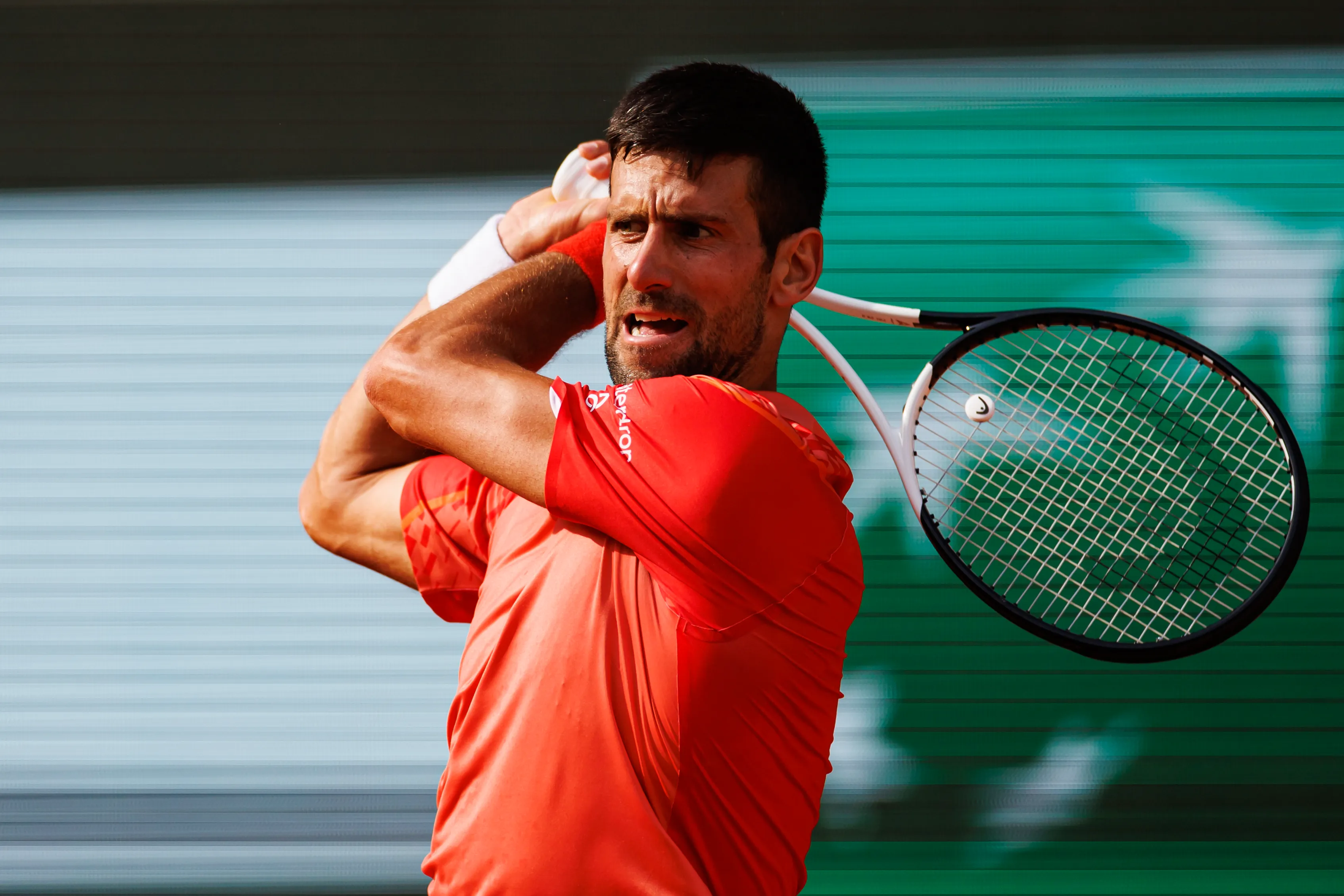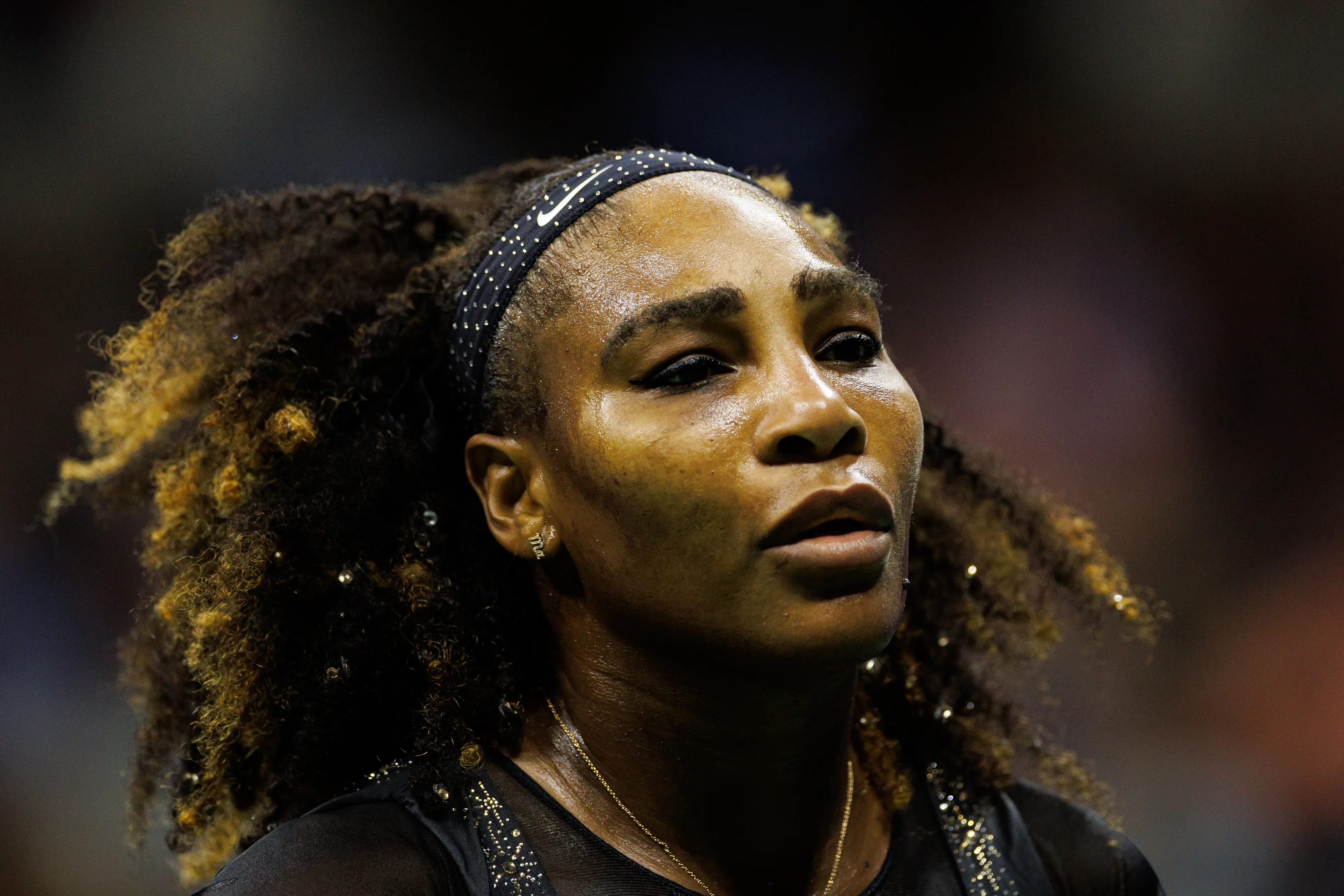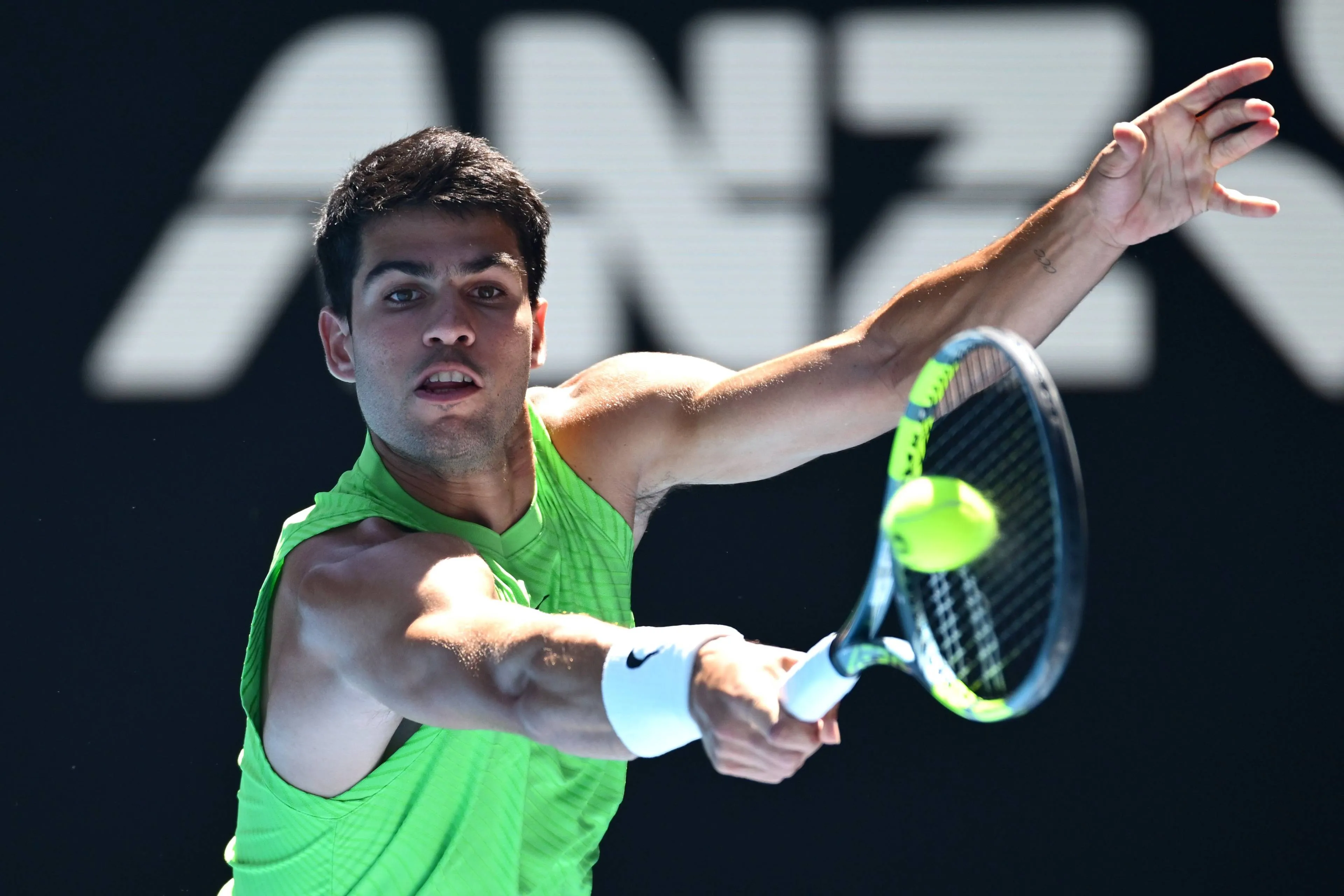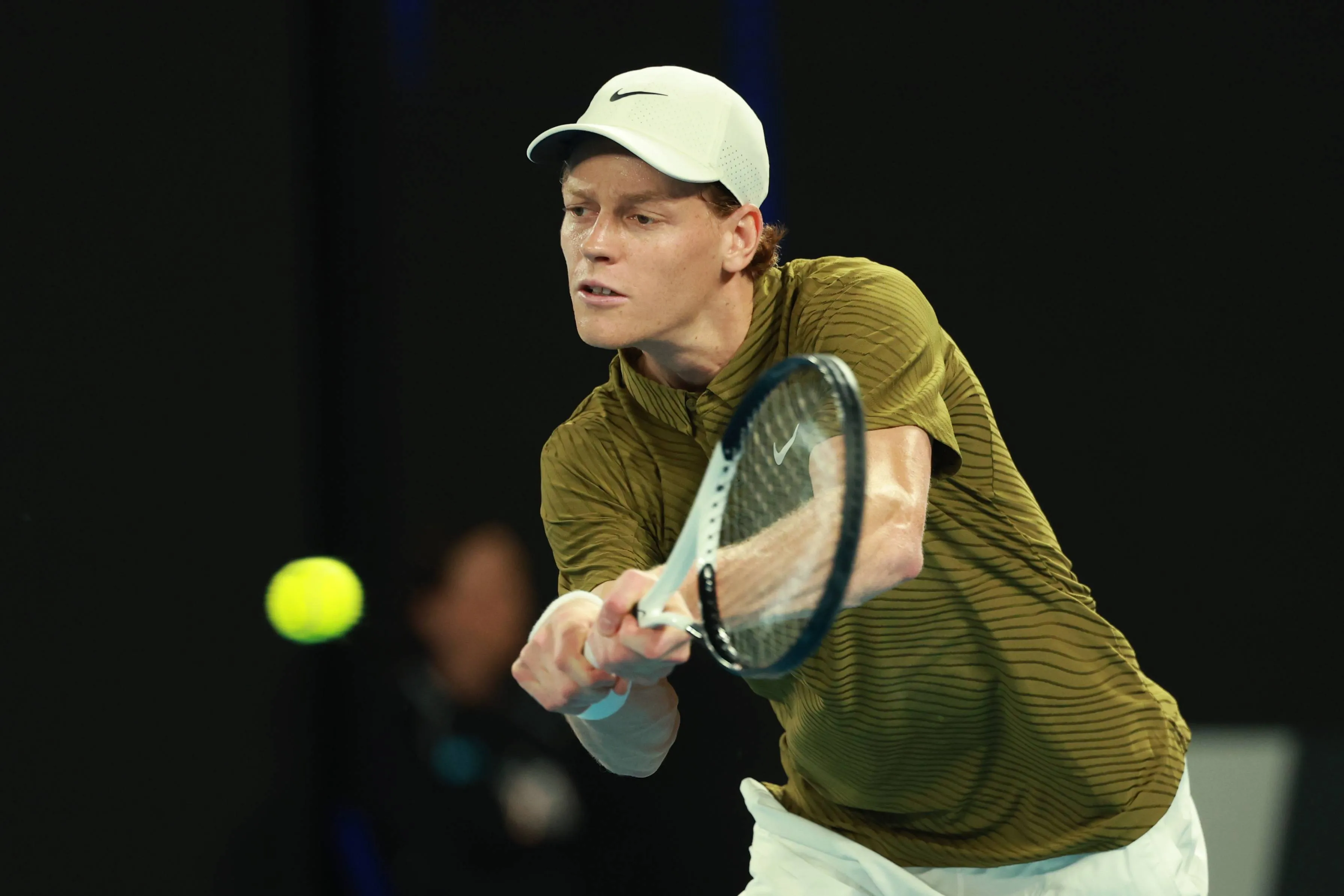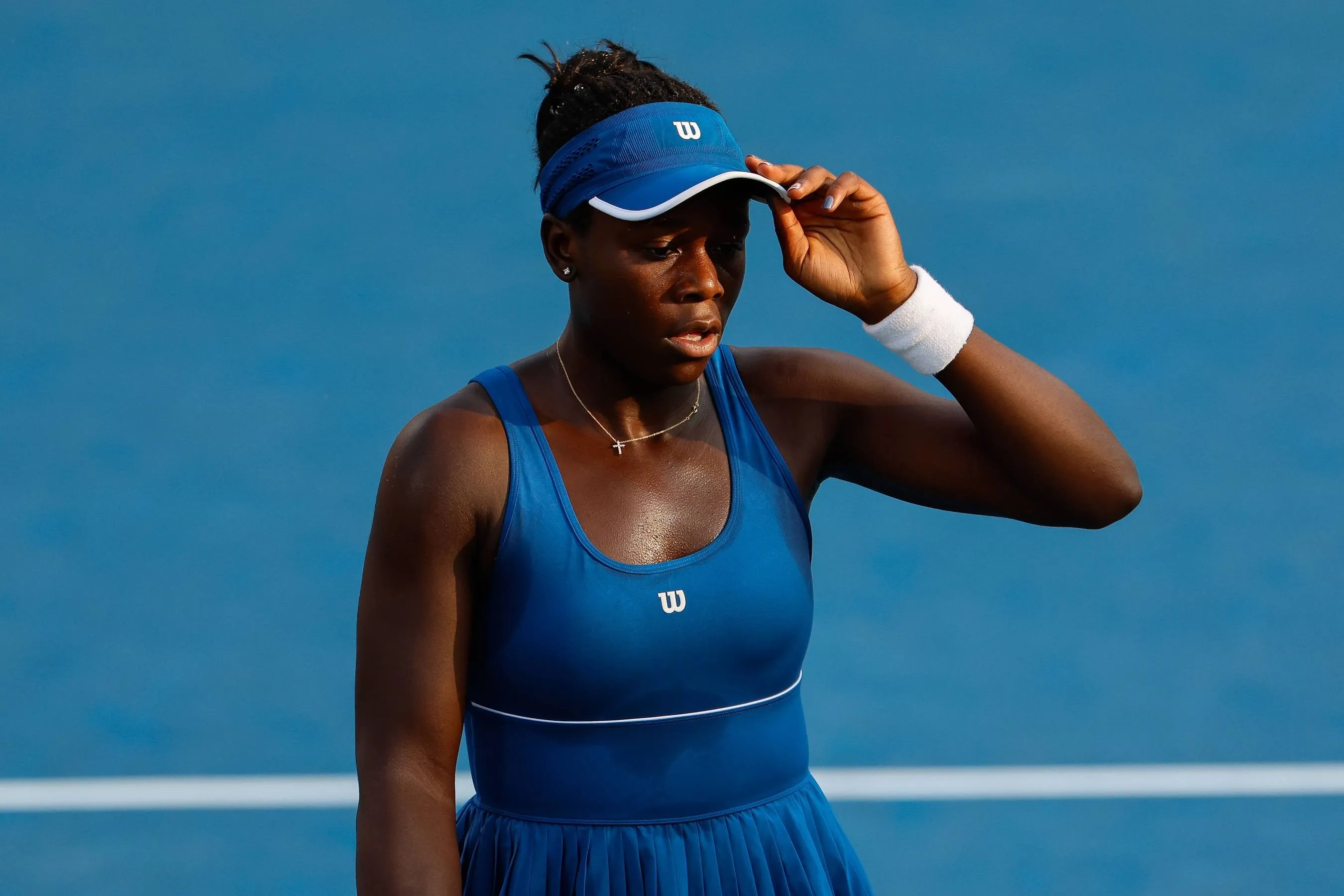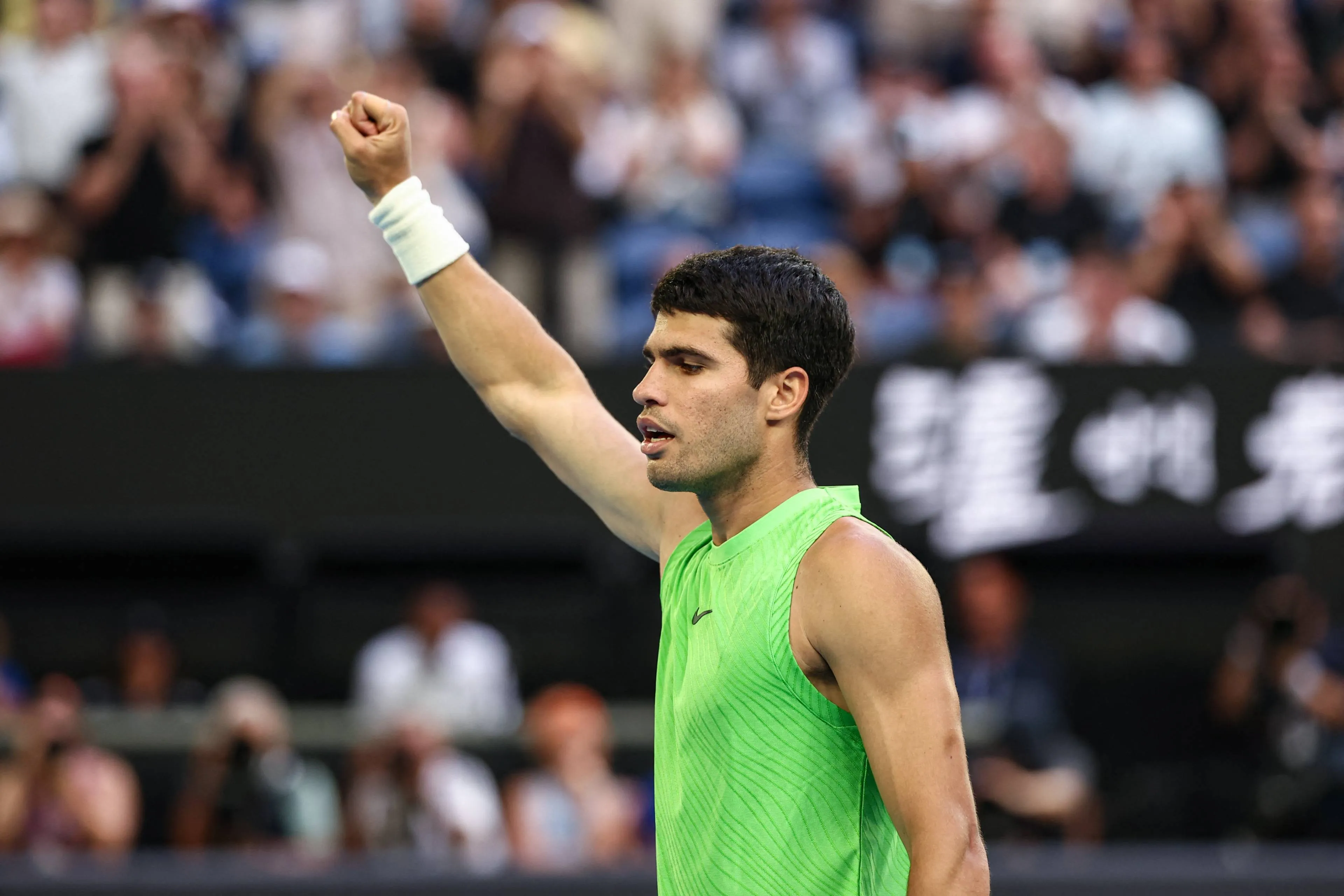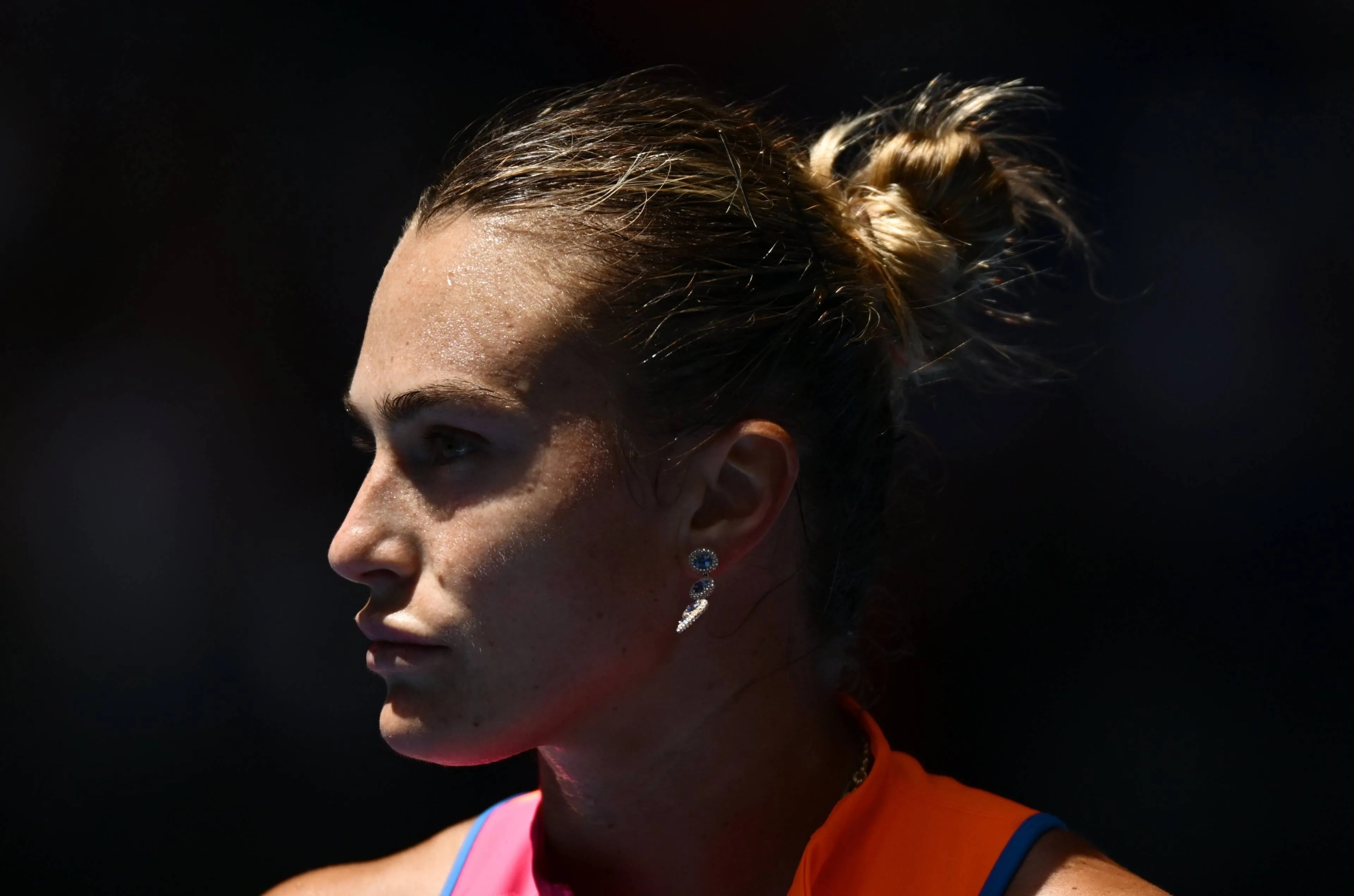WATCH: Carlos Alcaraz Provides Hilarious Response To Max Purcell's Doping Case
NewsFriday, 23 May 2025 at 21:44
Updated at Friday, 23 May 2025 at 22:05
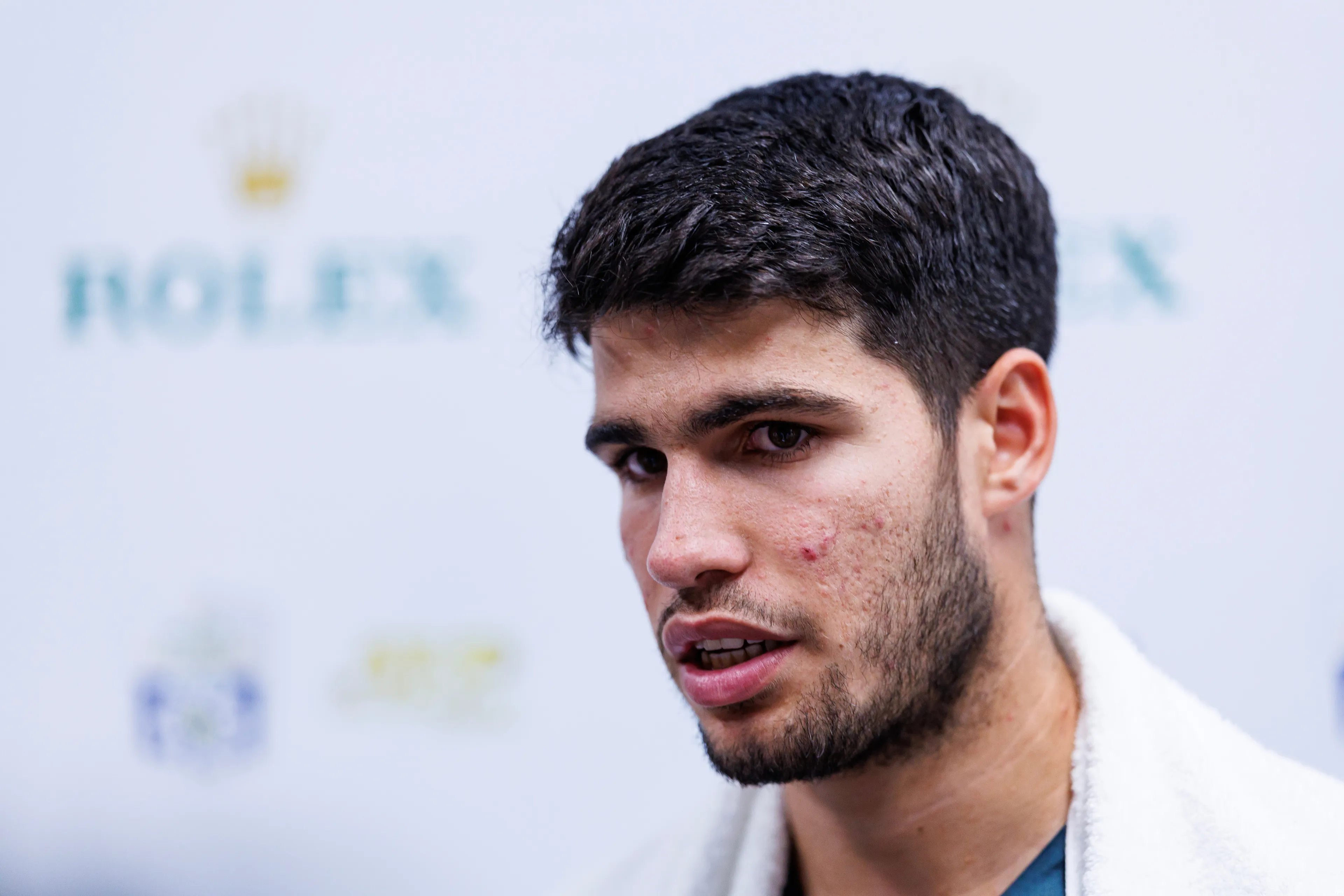
Carlos Alcaraz did not hide how challenging it is to know all the doping rules and procedures when asked about Max Purcell's case during a press conference.
Doping cases and how they are handled have been in the news regularly since Jannik Sinner tested positive for clostebol at the 2024 Indian Wells Open. That occurred in March, but it only became public in August.
After a protracted saga, Sinner ultimately served a three-month ban that ended earlier this month after reaching a case settlement with the World Anti-Doping Agency. Sinner being allowed to settle out of court caused considerable controversy.
The tennis world was also shaken by Iga Swiatek's month-long suspension for testing positive for trimetazidine. However, the Pole used melatonin tablets, a legal product, without knowing they had been contaminated. Many believe she was unlucky to receive any ban.
Purcell's case is the latest controversy. The Australian was given an 18-month suspension for exceeding the limit allowed for intravenous injections, a significantly harsher punishment than Sinner and Swiatek received.
One reason for Purcell's lengthier ban was the ITIA's documents showing that the two-time Grand Slam doubles champion used an injury to justify exceeding the limit allowed despite not having a physical issue at the time.
In a press conference at Roland Garros, a reporter asked Alcaraz a long-winded question about Purcell's case, mentioning him giving an injury as an excuse along with other details.
"The Max Purcell case, he was banned for undergoing two infusions, forbidden by the WADA code. The ITIA documents showed that he feigned injury to justify the infusion and googled everything about the 100 ml that are allowed. Obviously, in general, infusions help to recover and improve performance. Do you think, in general, these infusions are a problem in tennis? Because they are not detectable in normal doping tests."
Read also
The video below shows Alcaraz trying hard to follow what the reporter is saying. But the complicated nature of the case, the long-winded question, the reporter's accent, and the four-time Grand Slam champion answering in his second language made it challenging for him to take it all in.
Rather than pretending he understood, Alcaraz chose to be honest and told the reporter it sounded like he asked the question in Chinese. He also admitted to not being familiar with the details the reporter mentioned.
"Honestly, what you told me right now, it sounds like you were talking Chinese. I have no idea what you were talking about, so I have no idea if it is good or not. Honestly, I haven't heard that thing in my life, so I can't answer, sorry."
While there is no reason to believe that Alcaraz was dishonest about not understanding all of the question, the former ATP world No. 1 probably does not want to put himself in the headlines by making controversial comments about any doping case.
Alcaraz wants to focus on trying to retain his Roland Garros title. Many fans think the men's singles draw was favorable to him, but Novak Djokovic might be even happier with the draw he got.
Read also
Loading


